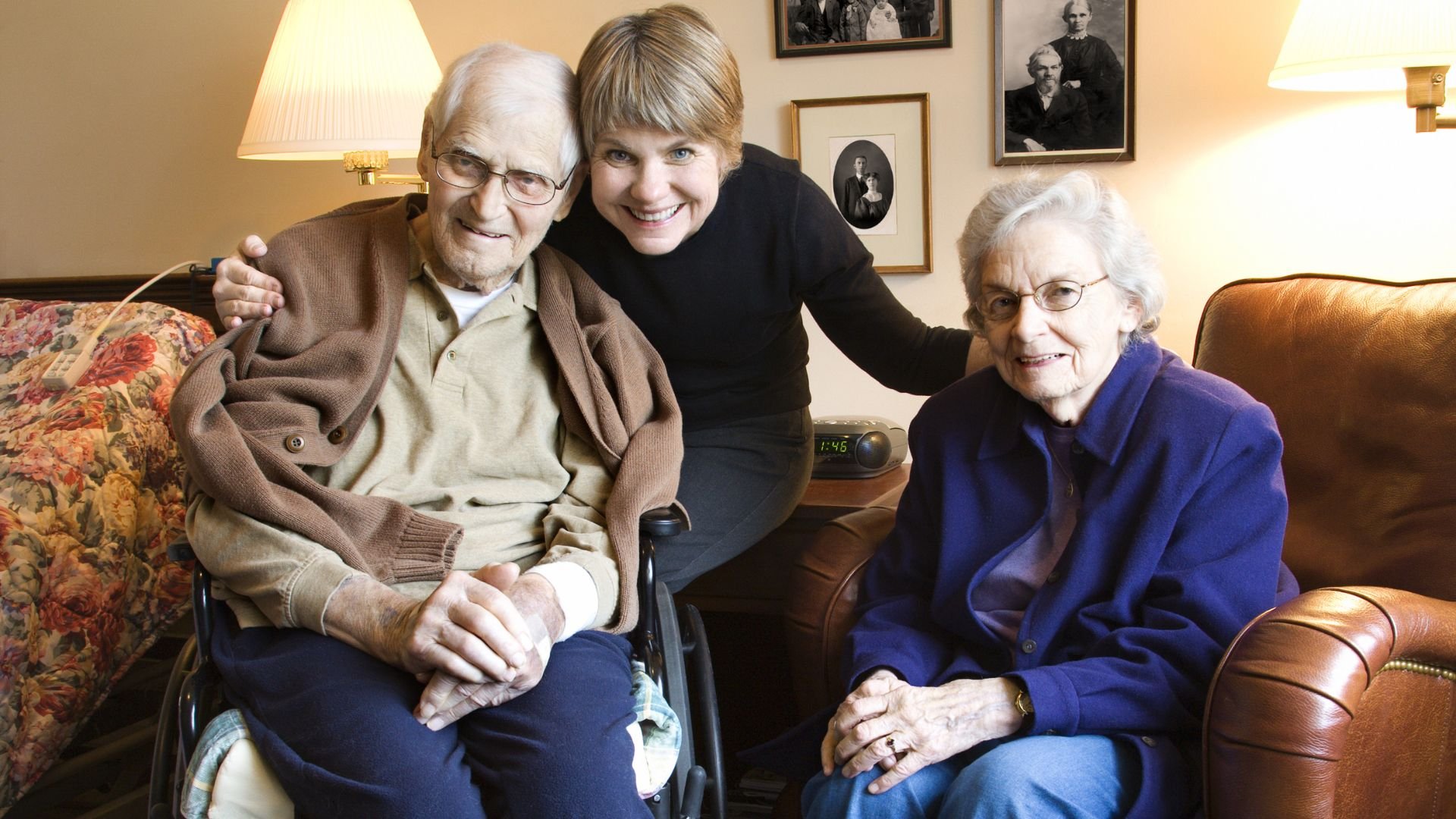Moving Elderly Parents in With You
By Ewa Frydel, Owner
Moving elderly parents into your home is a significant decision that can impact every aspect of family life. Whether driven by the need for closer care, financial considerations, or the desire for more family time, this transition requires thoughtful planning and preparation.
Key Outcomes Families Seek
Enhanced Care and Support: One of the primary reasons for moving elderly parents in is the ability to provide better care. Families often seek to ensure their loved ones have constant support, especially if they're dealing with health issues that require regular attention.
Financial Efficiency: Combining households can offer significant financial benefits, reducing the need for expensive assisted living facilities or home care services. Families look for ways to manage care more affordably without compromising on quality.
Improved Family Bonding: Bringing generations together under one roof can strengthen family bonds, creating opportunities for grandchildren to form closer relationships with their grandparents and vice versa.
Peace of Mind: Knowing your elderly parents are safe and well-cared-for provides immeasurable peace of mind. This outcome is especially important for families who previously lived far from their aging parents.
Making the Move: Steps for a Smooth Transition
Assess Your Home for Accessibility: Before your parents move in, evaluate your home's accessibility. Consider modifications like grab bars in the bathroom, a ramp for steps, or even a bedroom on the first floor to accommodate mobility issues.
Discuss Financial Arrangements: Have an open conversation about finances. Determine how household expenses will be shared and whether any adjustments to estate planning are necessary.
Set Boundaries and Expectations: Clear communication about living arrangements, privacy, and daily routines helps prevent misunderstandings and ensures everyone's needs are respected.
Plan for Healthcare Needs: If your parents have ongoing medical conditions, organize how you'll manage doctor's appointments, medication routines, and emergency care. Consider if in-home healthcare services are needed.
Create Personal Spaces: Everyone needs privacy. Ensure your parents have a space of their own where they can relax and enjoy some personal time.
Involve the Whole Family in the Transition: Moving in elderly parents affects everyone in the household. Discuss the changes with all family members and encourage open dialogue about feelings and concerns.
Seek Support When Needed: Recognize when you need help. This might mean arranging respite care, joining support groups for caregivers, or consulting with professionals for legal or financial advice.
Moving elderly parents into your home is a complex but often rewarding decision.
By focusing on the desired outcomes such as enhanced care, financial efficiency, stronger family bonds, and peace of mind, and by carefully planning the transition, families can navigate this change successfully.
Remember, the key is in preparation, open communication, and seeking support when necessary to ensure that integrating generations under one roof enriches everyone involved.
For more information about moving your elderly parents into your household, contact us.
We’re here to help!
Legal Disclaimer
This blog provides general information and discussions about moving your aging parents into your home and are not intended and should not be construed as medical advice.


